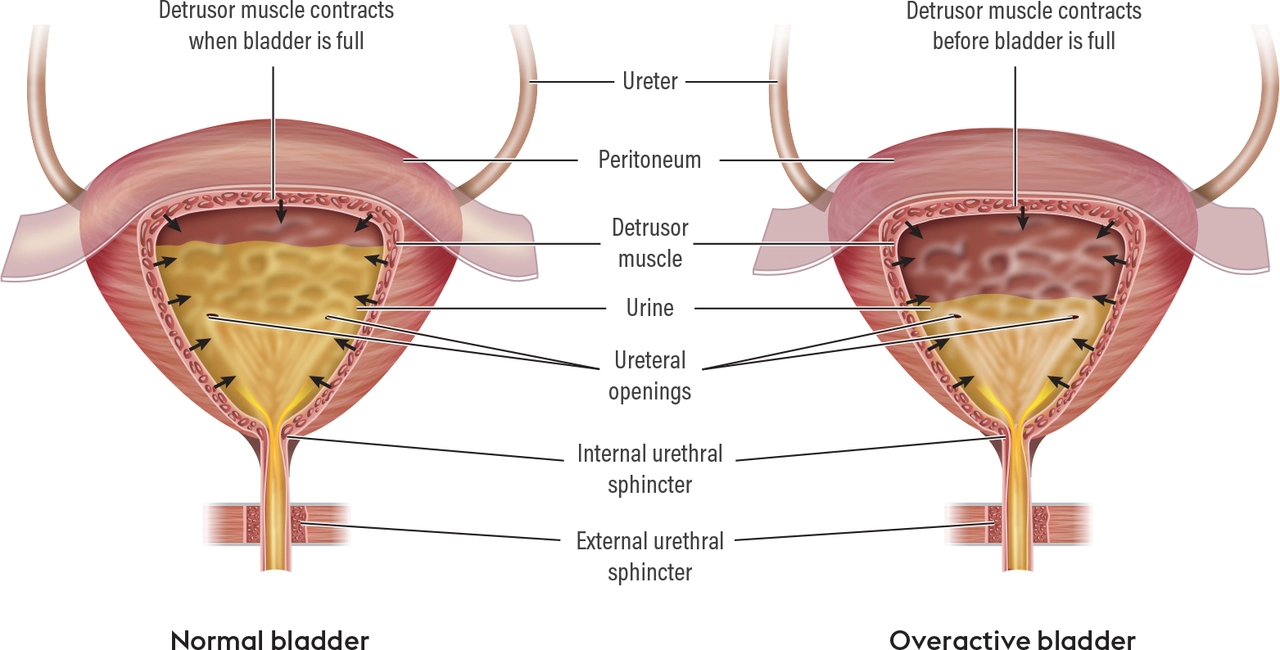Oxybutynin — what it does and who it helps
Oxybutynin is a medication doctors use to calm an overactive bladder. If you leak urine, wake up a lot at night, or feel a sudden urgent need to go, oxybutynin can reduce bladder spasms and help you go less often. It works by blocking certain signals in the bladder (anticholinergic action), which lowers involuntary contractions.
Forms, how people take it, and what to expect
Oxybutynin comes as immediate‑release tablets, extended‑release tablets, a transdermal patch, and a topical gel. Tablets are taken once or several times a day depending on the type. The patch is usually worn for a few days and can cause less dry mouth than pills. The gel is applied to the skin and offers another route with lower peak blood levels.
Effects often start within days, but full benefit may take weeks. Patches or gel tend to reduce the most common side effects compared with pills, because they deliver the drug more steadily.
Common side effects and simple fixes
Dry mouth is the most frequent complaint. Chewing sugar-free gum, sipping water, and good oral care help a lot. Constipation, blurred vision, dizziness, and a faster heartbeat are other common issues. If constipation shows up, add fiber, water, and gentle exercise; a stool softener can help short term.
Older adults can experience confusion, memory trouble, or trouble thinking when taking anticholinergic drugs like oxybutynin. If you or a family member notice mental changes, contact the prescriber — sometimes a dose change or switching to a different drug is safer.
Don’t use oxybutynin if you have uncontrolled narrow‑angle glaucoma, severe urinary retention, or a blockage in your stomach or intestines. Tell your doctor if you have prostate problems, a history of bowel obstruction, or heart rhythm disorders.
Oxybutynin can interact with other medicines that dry you out or slow gut movement, and with strong CYP3A4 inhibitors that raise oxybutynin levels. That means some antifungals, certain antibiotics, and some HIV drugs can change how much oxybutynin your body sees. Always list your medicines — including OTCs and supplements — when your doctor prescribes this drug.
Want alternatives? Mirabegron is a non‑anticholinergic option that may suit people who can’t tolerate dry mouth or cognitive side effects. Pelvic floor therapy and bladder training are useful non‑drug steps to try before or along with medication.
Practical tips: start at the lowest effective dose, use the patch or gel if dry mouth is a problem, stay hydrated, watch for constipation, and avoid driving if vision or alertness is affected. Discuss pregnancy plans and breastfeeding with your clinician — oxybutynin isn’t the first choice during pregnancy unless clearly needed.
If you have questions about dosing, side effects, or mixing oxybutynin with other meds, ask your prescriber or pharmacist. They can help pick the safest option for your situation.
Oxybutynin and Aging: Addressing Bladder Issues in Older Adults
As we age, bladder issues like overactive bladder (OAB) tend to become more common, and I've recently learned about a medication called oxybutynin that can help older adults manage these symptoms. Oxybutynin is an anticholinergic drug that works by relaxing the bladder muscles, which can reduce the urgency and frequency of urination. It's important to note that this medication may have side effects, such as dry mouth, constipation, and blurred vision, so it's essential to discuss these with your healthcare provider. Overall, oxybutynin offers a potential solution to address bladder issues in older adults, helping them maintain their independence and quality of life. If you or someone you know is struggling with OAB, it might be worth exploring oxybutynin as a treatment option with a medical professional.
View More
